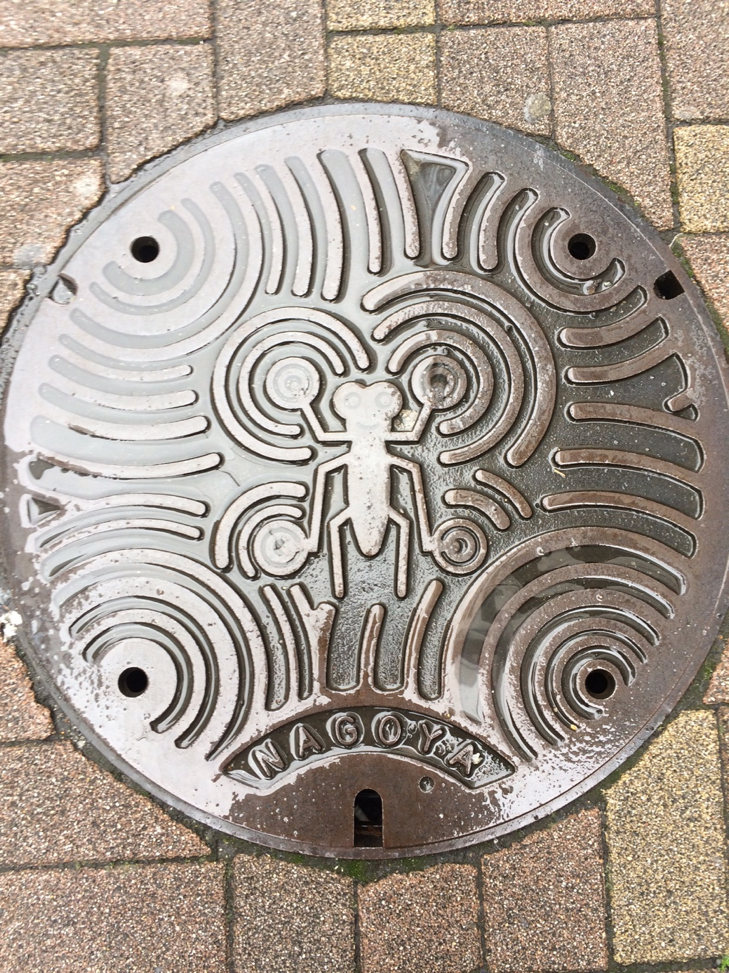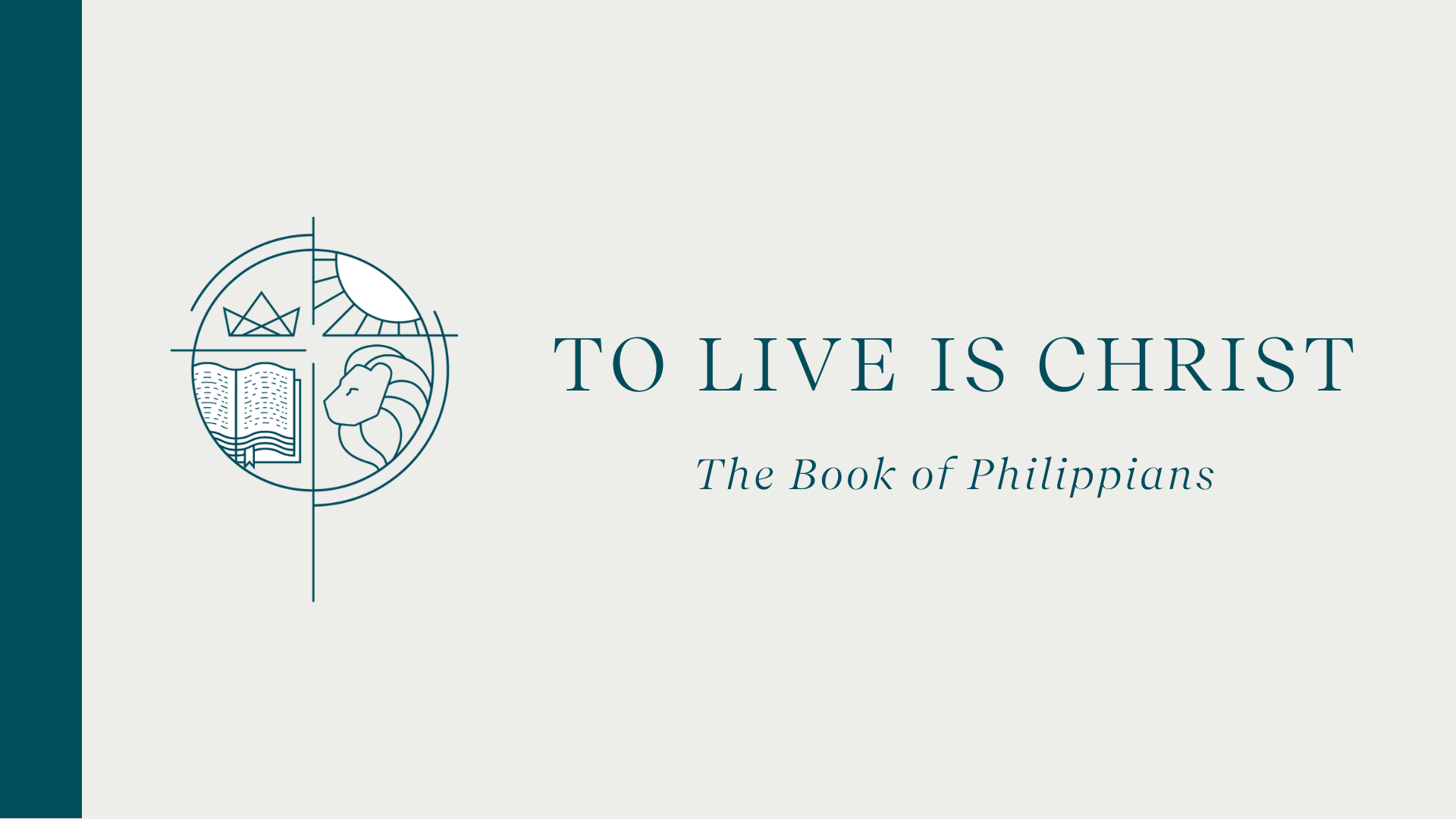[vc_row][vc_column][vc_column_text]As we’ve walked along the streets of Nagoya, there are a few things that we’ve noticed. First, Pastor Kim and I don’t fit the mold. We wear short sleeve shirts while most are wearing long sleeves. We wear clothes with colors while most are wearing white, gray, or navy blue. Hide and I are simultaneously walking and eating imagawayaki (pancake filled with red beans), while most consider it strange to eat, drink, or use your cell phone while walking. Finally, Pastor Kim was wearing flip flops, and definitely no one else was!
We have walked past hundreds and hundreds of people. Let’s be real; back in Torrance, I don’t even pass fifty people or thirty people or five people in a day, because I don’t walk! Living life in a mass of humanity is normal life for the majority of people in Japan. But within this vast sea of people of Nagoya, there are two individuals that stand out.
[/vc_column_text][vc_separator][vc_single_image image=”7236″ img_size=”full” alignment=”center”][vc_column_text]I’ve mentioned Brett Rayl in some of the earlier blog posts, but I asked him a few questions to get to know him better.
How long have you been in Nagoya and what brought you here?
We first arrived in Nagoya September 2012 as short-term interns. We came initially because the statistics for need in Japan were overwhelming (i.e. high suicide rates, almost 1 million hikikomori, second largest unreached people group, etc.). And we were really drawn to CBI’s ministry focus (a mix of training leaders, catalyzing church planting, and evangelism). We came at first as interns, but while serving in that first year, the statistics became real people whom we loved and saw the impact of the Gospel in their lives. And our Founder/Team Leader, Michael Oh, took a new position as the CEO of the Lausanne Movement, and I was asked to serve as Director/Team Leader.
What does a day in the life of being CBI’s Executive Director look like?
Every day is an adventure. Maybe a typical week is easier. My job first and foremost (like every CBI team members) is to abide with Christ, and I try to spend a large block on Monday praying and seeking the Lord. I can’t always do this, but life and ministry is much better when I do. Tuesdays and Thursdays are meetings days, which means I’m either on Skype with partners like Lighthouse, dreaming and planning together, recruiting new missionaries, working with our team on ministry projects, staff management, networking, discipleship, etc. On Wednesdays, I try and block for study to work on writing projects, courses I teach for the seminary, or any speaking opportunities I may have coming up. And Fridays are mainly for networking or working on projects. Saturday is a family day. And Sunday is the Lord’s Day.
Besides an alarm clock and your newborn, what gets you up in the morning?
A vision for equipping Japanese Christians leaders for church planting and church revitalization. But usually it’s my three year-old!
In Lighthouse fashion, what’s your favorite and most despised Japanese food?
This is not interesting, but I love sushi. I also really like Indian curry in Japan (not Japanese curry, and not Indian curry outside of Japan). I’m not a big fan of uni (sea urchin).
Will you please share a few prayer requests for you and your family?
My son just started Japanese preschool and we appreciate your prayers for him to adjust well, make friends, and pick up the language. He loves it so far.
You can pray that my wife and I will abide with Christ and that we will minister out of a spirit of brokenness versus competence.[/vc_column_text][vc_separator][vc_single_image image=”7235″ img_size=”full” alignment=”center”][vc_column_text]Another individual that stands out in Nagoya is Damon Cha. A missionary to Japan who serves with CBI, Damon shares a South Bay connection with us! Before departing for Japan, he was a pastor at a church located in Torrance. A few years ago, Pastor Kim and I had the opportunity to first meet Damon at Five Guys on the corner of Hawthorne and Anza; we are kindred “beef” brothers!
I also encourage all of you to read the Cha family’s blog. In particular, I think mothers will be especially encouraged by Young-Mi’s perspective on raising a family on the missions field. May you know better how to pray for them!
We had a chance to catch up with him in Nagoya and ask him a few questions.
First, when you hear the word “love,” who and what come to mind?
I think of my daughters first. I am always thinking of them, how they are doing in school, how they are adjusting to Japan. And mostly how I can lead them in the way of the Lord. I unsuccessfully try to model what a Christian should look like and try to discipline them to do the same. My fear is that they will turn out like me. If you ask me who and what I think of when I hear “loved,” that is God. Always. I am loved by Him unconditionally and always. Because I know He is the One who loves me. Unfortunately, I do not love God nearly enough as I should; this is obvious in that I do not think of God first when I think of “love.” But that is the gospel, we are loved by Him despite our failures to love Him as He should be.
Can you tell me more about your family?
[My wife] Young-Mi is multi-talented, she is intelligent, she has picked up Japanese amazingly quickly and well. She has a strong desire to see God’s name worshipped and worshipped rightly. She has a deep heart for women in different stages of life and hopes to bring the gospel to bear on all of the different challenges women face. Mikayla, our youngest, is just like Young-Mi. Aliya, our oldest, is just like me. So please pray for Aliya.
Was there a point when you felt called to Japan? If so, can you share about it?
Young-Mi and I had a desire early on in our marriage to serve on the mission field. It was a little difficult for me at first because through conversations and reading I thought that missionaries were supposed to have a strong and clear calling to go to a certain country. This we did not have. I just wanted to serve in theological education in an unreached people group and we wanted to be of use to the kingdom. After I realized that this desire was sufficient as a calling, we were fairly open as to where we would serve. After some twists and turns, a call to serve at CBI came and it is a great fit.
Can you share a bit about your ministry at CBI?
I teach Old Testament at the seminary. (Gavin’s note: He does so much more!)
What do you miss most about serving in the South Bay? What do you enjoy most about serving Nagoya?
I miss my church, Redeemer, I miss my church’s people. I love worshipping with them. They have become family. So, of course, we miss them. Ironically though, I feel as if my prayers for Redeemer have gotten stronger. I pray for my church much more intentionally. What I miss about my church is what I enjoy about Nagoya, it’s the people. We have met wonderful people here, Christian and non-Christian. Just being able to spend time with them and talk with them has been a joy.
Damon, thanks for sharing![/vc_column_text][vc_single_image image=”7234″ img_size=”full” add_caption=”yes” alignment=”center”][vc_separator][vc_column_text]Amidst the sea of faces, Christians see individuals. Christians know that each and every person must hear the gospel in order to place one’s faith in Christ. The sharing of the gospel happens when we personally interact with individuals. This is how God sees us. He sees each and every person individually, whether that person acknowledges Him or not. Our God is a personal God.
We must be a personal people who love others. We have seen and felt Christ’s love from the Rayl family, the Cha family, and all of our Nagoya brethren. We said our goodbyes and said “mata ne,” which means, “See you later.” For believers, it’s not wishful thinking; it’s certain![/vc_column_text][vc_single_image image=”7233″ img_size=”large” add_caption=”yes” alignment=”center”][/vc_column][/vc_row]



